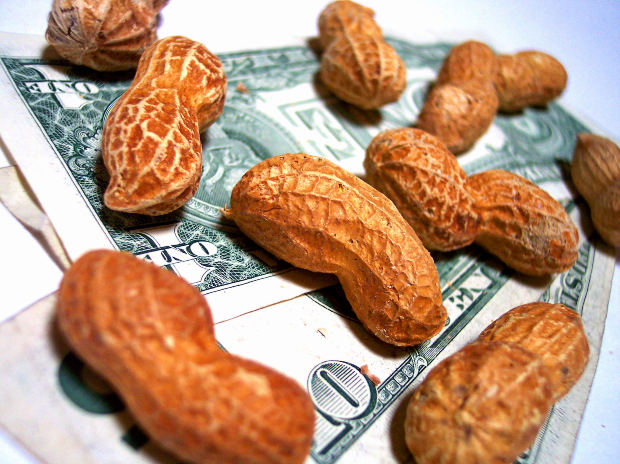 As many of you are aware, today, February 18, 2013, is President’s Day. For many that means banks are closed and, more importantly, work is closed. For many others, like me, President’s Day really just feels like another day. However, this President’s Day is special thanks to McDonald’s.
As many of you are aware, today, February 18, 2013, is President’s Day. For many that means banks are closed and, more importantly, work is closed. For many others, like me, President’s Day really just feels like another day. However, this President’s Day is special thanks to McDonald’s.
Like most of the country, on my drive into work this morning, I heard about McDonald’s special President’s Day promotion. Specifically, if a customer purchases a Big Mac or Quarter Pounder, a second delicious sandwich can be purchased for a penny. Why did McDonald’s charge a penny, rather than just giving it away for free? Perhaps, the corporate executives at McDonald have read my riveting state and local tax blog last week.
For the few of you that did not read my blog I did last week, I wrote about the power of the sale for resale exemption offered by most states in their sales and use tax regime. In a nutshell, this means that when a business purchases something it does not pay tax but rather charges tax to its customer when the item is resold.
The policy behind the sale for resale exemption is that sales and use tax attempts to tax consumption by adding a tax to purchases made by the end consumer of a good or service. While each state varies as to exactly what is and is not taxable, every state that I am aware of has a sale for resale exemption. Conversely, if the business is the end user on items it purchases it owes a use tax on those items. The sale for resale exemption can be a very powerful multi-state sales tax technique if used correctly.
Continue reading
 Multi-State Tax Law Blog
Multi-State Tax Law Blog


 Are the peanuts being purchased by Logan’s and resold to its customers? Or is Logan’s purchasing the peanuts for its own use as a giveaway to its customers?
Are the peanuts being purchased by Logan’s and resold to its customers? Or is Logan’s purchasing the peanuts for its own use as a giveaway to its customers?